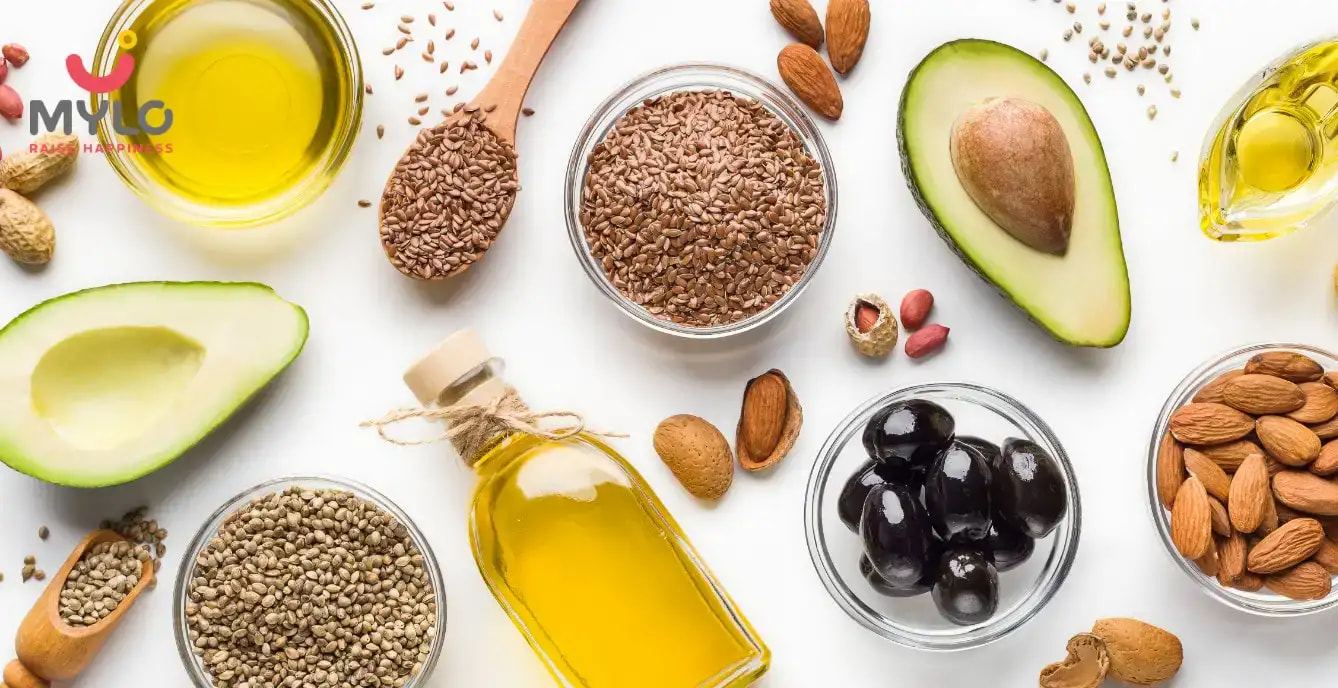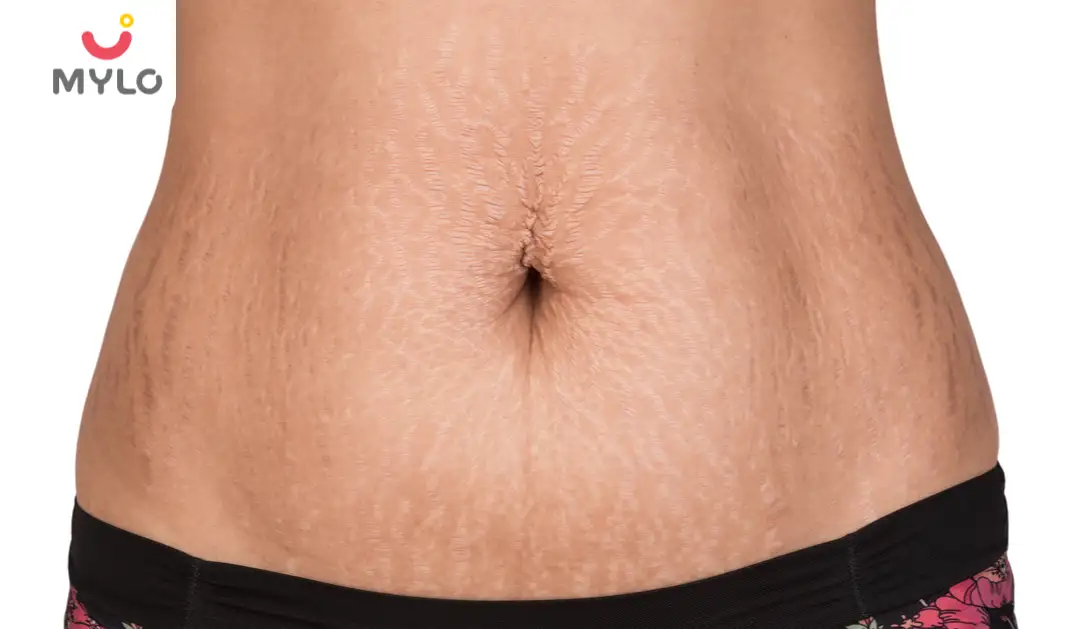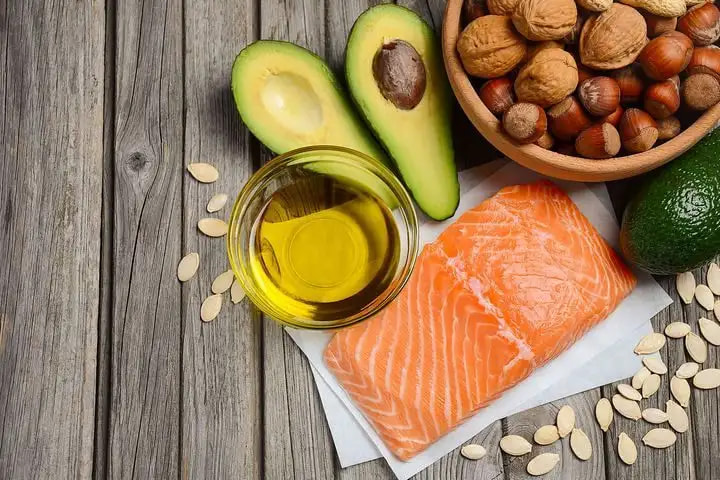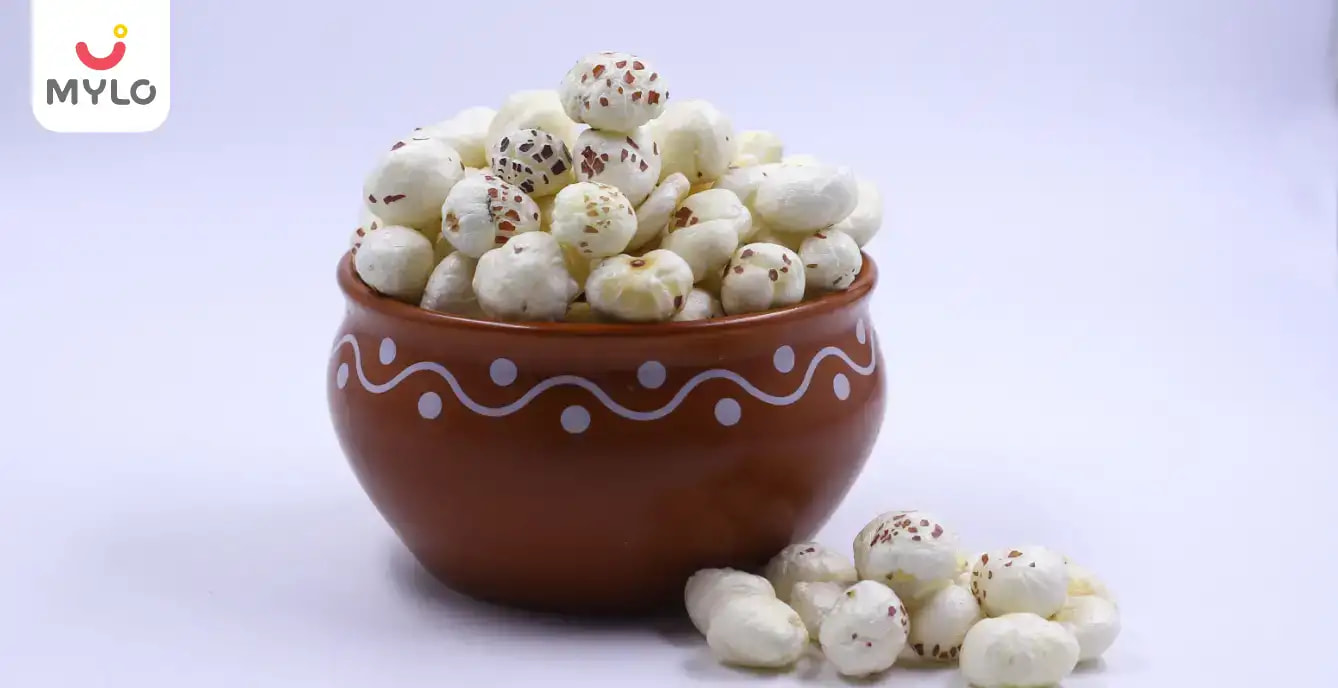Home

Brain Development

Learn more: Why is Omega-3 Rich Vegetarian Diet is good for Your Toddler?
In this Article

Brain Development
Learn more: Why is Omega-3 Rich Vegetarian Diet is good for Your Toddler?
Updated on 28 March 2023



Medically Reviewed by
Dt. Mansi Goyal
Specializes in Critical Gestational Diabetes, PCOS Patients - BSC| MSC (Home Science, Food & Nutrition)
View Profile

As a parent, you want to give your child the best of everything. You want your child to grow up into a bright being, and a large part of it depends on what your child eats. The right mix of nutrition from food is what your baby needs to grow up strong and healthy. One such nutrient that is essential for the growth and development of children is omega-3 fatty acids. In this article, we will discuss what are omega-3 fatty acids, their benefits for toddlers and foods rich in omega-3 fatty acids.
What are Omega-3 Fatty Acids?
Omega-3 fatty acids are a group of healthy fatty acids that are essential for a number of functions in the body. They are known for the many benefits they provide. If you are a vegetarian, it can become a little difficult for you to get these benefits from a vegetarian diet. Omega-3 fatty acids are mainly found in oily fish, and that becomes a big no if you do not want your baby to eat non-vegetarian food.
However, there are a few vegetarian foods that have omega-3 fatty acids. Pulses, green leafy vegetables, vegetable oil seeds and nuts are some sources of omega-3 fatty acids. It is generally suggested that families who do not consume fish should increase their consumption of vegetables rich in omega-3 fatty acids to help make up for the nutritional deficit.
Benefits of Omega-3 for Toddlers
Here are the most important benefits of omega-3 fatty acids for your toddler:
1. May reduce the symptoms of ADHD
Attention deficit hyperactivity disorder (ADHD) is a common condition which presents symptoms like hyperactivity, impulsiveness, and trouble focusing.Omega-3-rich diet can help reduce the symptoms of ADHD (Attention Deficiency Hyperactivity Disorder) in children.
2. Could improve asthma
Asthma is a chronic disease that can cause symptoms like breathing difficulties, chest pain, coughing, and wheezing. If your child is asthmatic, an omega-3-rich diet can help ease the symptoms of asthma.
3. Promotes better sleep
Sleep disturbances are common among children. An omega-3-rich diet can help reduce sleep disturbances, improve sleep duration and help your toddler sleep better.
4. Enhances brain health
Children experience the most brain development in the first five years of their life. Omega-3-rich foods can help improve brain function- learning, memory and development. Additionally, it can enhance mood in children and prevent mood disorders and depression.
Vegetarian Sources of Omega-3 Fatty Acids
Now that you know the benefits of an Omega-3-rich diet, here are a few vegetarian options for you:
-
Pumpkin seeds and pumpkin seed oil.
-
Oils such as soya bean oil, flaxseed oil, mustard oil, perilla seed oil, rapeseed or canola oil.
-
Green leafy veggies.
-
Olive oil
-
Walnuts
-
Flaxseeds
-
All the lentils (dals), moong dal being the best source of Omega-3.
-
Sprouted radish seeds
-
Kidney beans (rajma)
-
Pulses and legumes such as peas and black gram.
-
Fenugreek
-
Soya-based foods.
-
Wheatgerm.
How to Include Omega-3 Fatty Acids in Your Toddler's Diet?
Too many ingredients but still confused about how you can make them a part of your baby's diet plan? Here is some help!
-
You can make palak paneer and serve it to your baby with roti.
-
Methi parathas with curd.
-
Sarson (mustard greens) ka saag.
-
Bathua sabzi
-
Broccoli, cabbage sabzis.
-
You can make a salad and put lettuce leaves in it along with walnuts and walnut oil.
-
All the green leafy veggies can also be a part of raitas that you can with hot parathas.
-
Replace your cooking oil with rapeseed, olive, mustard or soya oils.
-
Add Pumpkin seeds and Flax seeds in curd or Raitas.
You may like: 10 amazing home remedies for coughs and colds in toddlers
Omega-3 fatty acids are essential for maintaining your child’s overall health but especially their brain health. Providing plenty of foods rich in Omega-3 fatty acids can help ensure that your child meets their daily requirements. You can also consult your child's regarding the proper dosage.





Medically Reviewed by
Dt. Mansi Goyal
Specializes in Critical Gestational Diabetes, PCOS Patients - BSC| MSC (Home Science, Food & Nutrition)
View Profile


Written by
Priyanka Verma
Priyanka is an experienced editor & content writer with great attention to detail. Mother to an 11-year-old, she's a ski
Read MoreGet baby's diet chart, and growth tips

Related Articles
RECENTLY PUBLISHED ARTICLES
our most recent articles

Illnesses & Infections
Heat Rash in Babies: Symptoms, Risks & Treatments

Scans & Tests
Amniocentesis: Meaning, Risks & Results

Umbilical Cord
Umbilical Cord: Risks, Benefits & Recovery

Stretch Marks
Stretch Marks Removal: Tips & Remedies

Fussy Baby
How Can Dads Calm A Fussy Toddler

General Father
How to prepare your older child for a new baby
- 5 Financial Moves You Must Make Before Your Baby Arrives
- Daddy-Baby bonding from Pregnancy to Childbirth: Top 7 tips for you
- How to prepare your child for pre-school
- I am pregnant, can I still breastfeed my toddler?
- My toddler has bad breath. what should I do?
- When will my toddler learn how to scribble or draw?
- Can loud volume affect my toddler's ears?
- Running & Jumping Milestones for your toddler
- Activities to keep an active toddler occupied at home
- Girls' growth chart: 24 to 36 months
- What to do if your toddler is overweight?
- Electric toothbrush for Toddlers: Is it safe?
- Teaching good eating habits to your kids
- How to Introduce Books to Your Child?


AWARDS AND RECOGNITION

Mylo wins Forbes D2C Disruptor award

Mylo wins The Economic Times Promising Brands 2022
AS SEEN IN

- Mylo Care: Effective and science-backed personal care and wellness solutions for a joyful you.
- Mylo Baby: Science-backed, gentle and effective personal care & hygiene range for your little one.
- Mylo Community: Trusted and empathetic community of 10mn+ parents and experts.
Product Categories
baby carrier | baby soap | baby wipes | stretch marks cream | baby cream | baby shampoo | baby massage oil | baby hair oil | stretch marks oil | baby body wash | baby powder | baby lotion | diaper rash cream | newborn diapers | teether | baby kajal | baby diapers | cloth diapers | laundry detergent 6472 | lactomama lactation granules |








